During his lifetime the English film maker experienced the strong arm of the law at a time when immigration laws in certain countries were increasingly restricting the movement of people around the world, a situation which contradicted the concept of freedom discussed in the last quarter of a century.
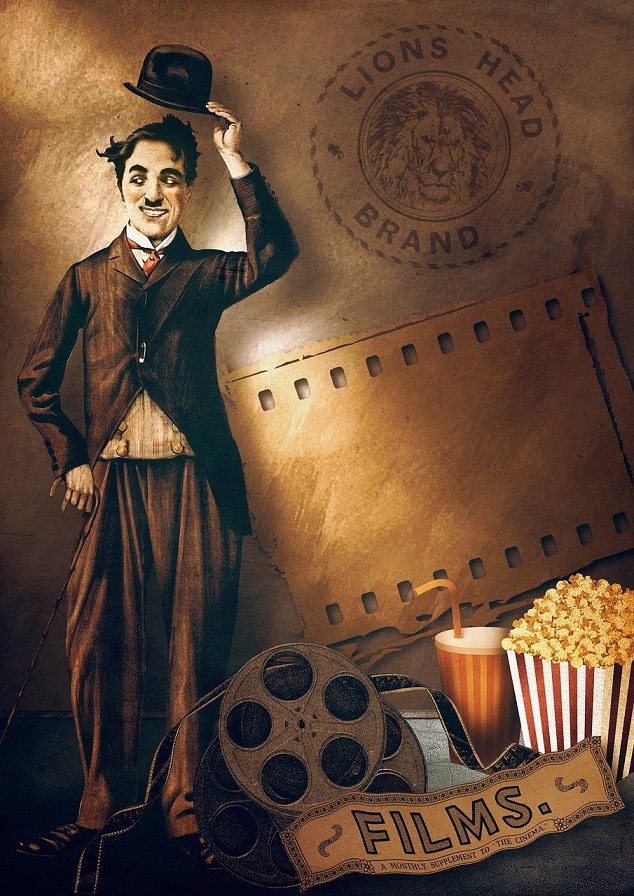
Javier Núñez
Sixty years ago in 1952, the British press published various events of a political, social and cultural nature including the death of King George VI, the coronation of his heir Elizabeth II, and Charlie Chaplin visit to Britain to launch his latest film “Limelight”.
Charlie Chaplin was hailed as one of the best film makers in the world thanks to his successful work in the film industry in the United States, where he had lived for 40 years.
However, the news of his arrival in London was becoming published under the legal sections of the morning papers due to a fact that surprised the artist himself on arriving to England: his permission to return to the U.S. had been cancelled.
John Edgar Hoover, who at the time was the director of the FBI, seized the opportunity when the film maker had left the country, to file a series of reports against him submitted to the Immigration and Naturalization Service in order to prevent him from returning. He achieved his objective and Chaplin had no choice other than to settle in Europe, where he lived until his death.
Communist?
What happened for Chaplin to be regarded by the FBI and the House Committee on Un-American Activities as a threat to North American morality and decency?
Historical documents show that his progressive ideas and opinions expressed in his film work aroused the suspicion of some sectors of the country that saw him as a Communist sympathiser, and even associated him with the secret services of the Soviet Union.
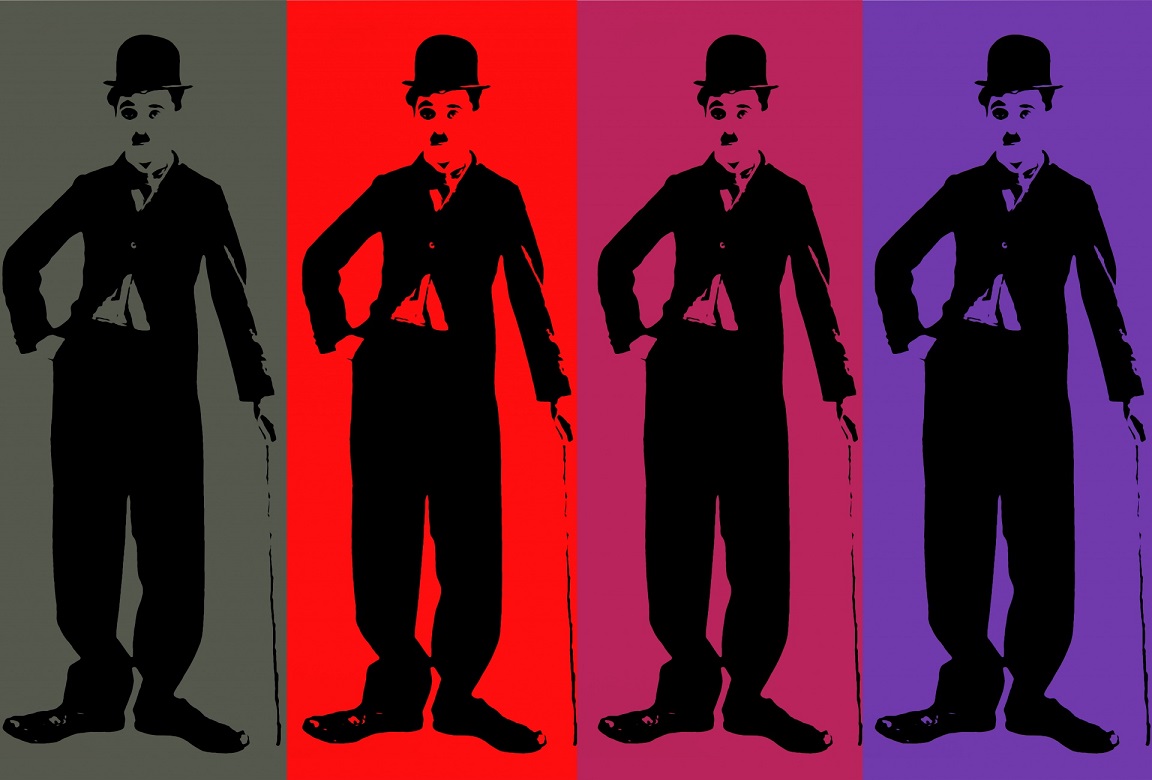
Chronologically it can be established that one of Chaplin’s first actions that drew critics’ attention occurred in the context of the Second World War, when he refused to participate in the sale of war bonds which were to finance the war against the Nazis.
The Government and the Army relied on the film industry because of the strong media impact it had on society.
From there began a campaign of disrepute against him, which seized every opportunity to attack him for events in his personal and professional life.
For example, it was a scandal that Chaplin had participated in an act of solidarity with Russia held in San Francisco, and had been involved in an event of Russian art in New York. Furthermore, he was questioned about his friendship with artists and politicians who had socialist ideologies.
Black humour
Another example was in 1947 when the director released the film “Monsieur Verdoux”, which chronicled the life of an employee in the banking sector after losing his job during the depression of the twenties in the United States, who marries wealthy elderly widows and then murders them to make a fortune.
The character also reproached the capitalist society which he served well but eventually turned his back on.
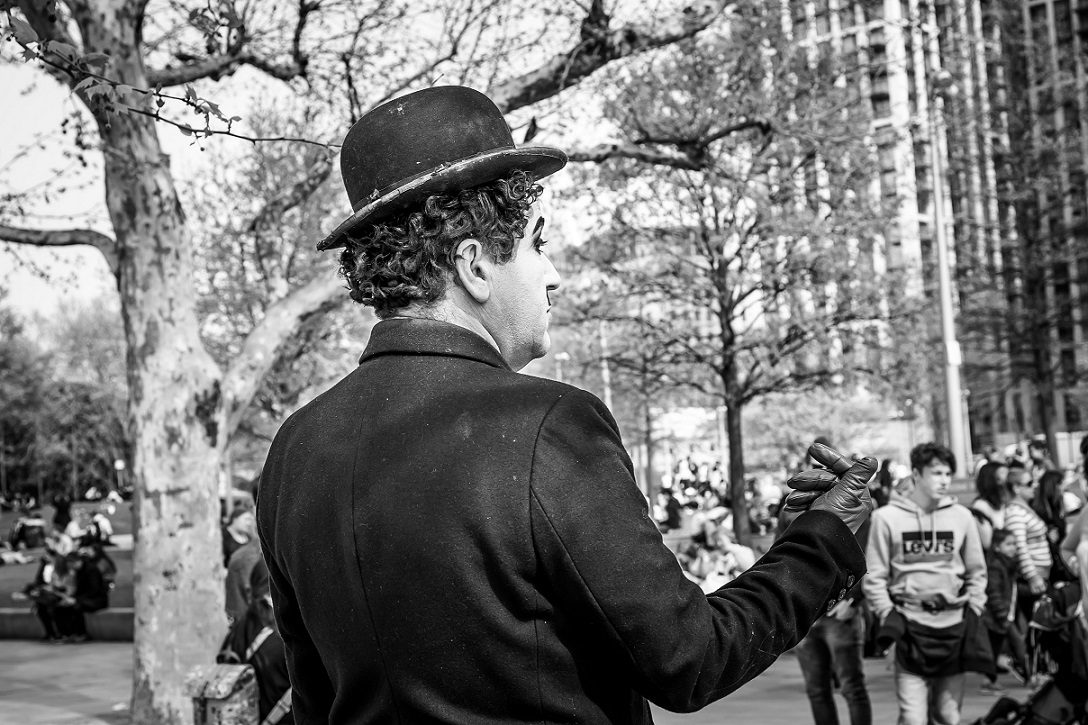
As the film develops, the protagonist justifies his crimes by comparing them with the disproportionate number of dead left by the war: “One murder makes a villain, millions a hero. Numbers sanctify“, he says in one scene.
This open criticism of American post-war society subjected Chaplin to heavy criticism and attacks from the mainstream press.
In press conferences it was common to see him answering questions about his alleged affiliations with communism. “I am not a politician. I am not a communist. I said at the press conference when Monsieur Verdoux was premièred, ‘I have lived in America for forty years. I have not started a revolution yet, nor am I planning to neither start one, nor will I ever do it ‘. I told them”, he once said.
On the “Blacklist”
It was then that the House Committee on Un-American Activities decided to include him in the so-called Hollywood Blacklist, after refusing to appear before this organisation to respond to the accusations of communist propaganda and its influence on film.
The committee was a dependency of the House of Representatives of the United States that focused on investigating Nazi propaganda brought from abroad, but then after the end of the Second World War it focused on investigating propaganda from the Soviet Union.
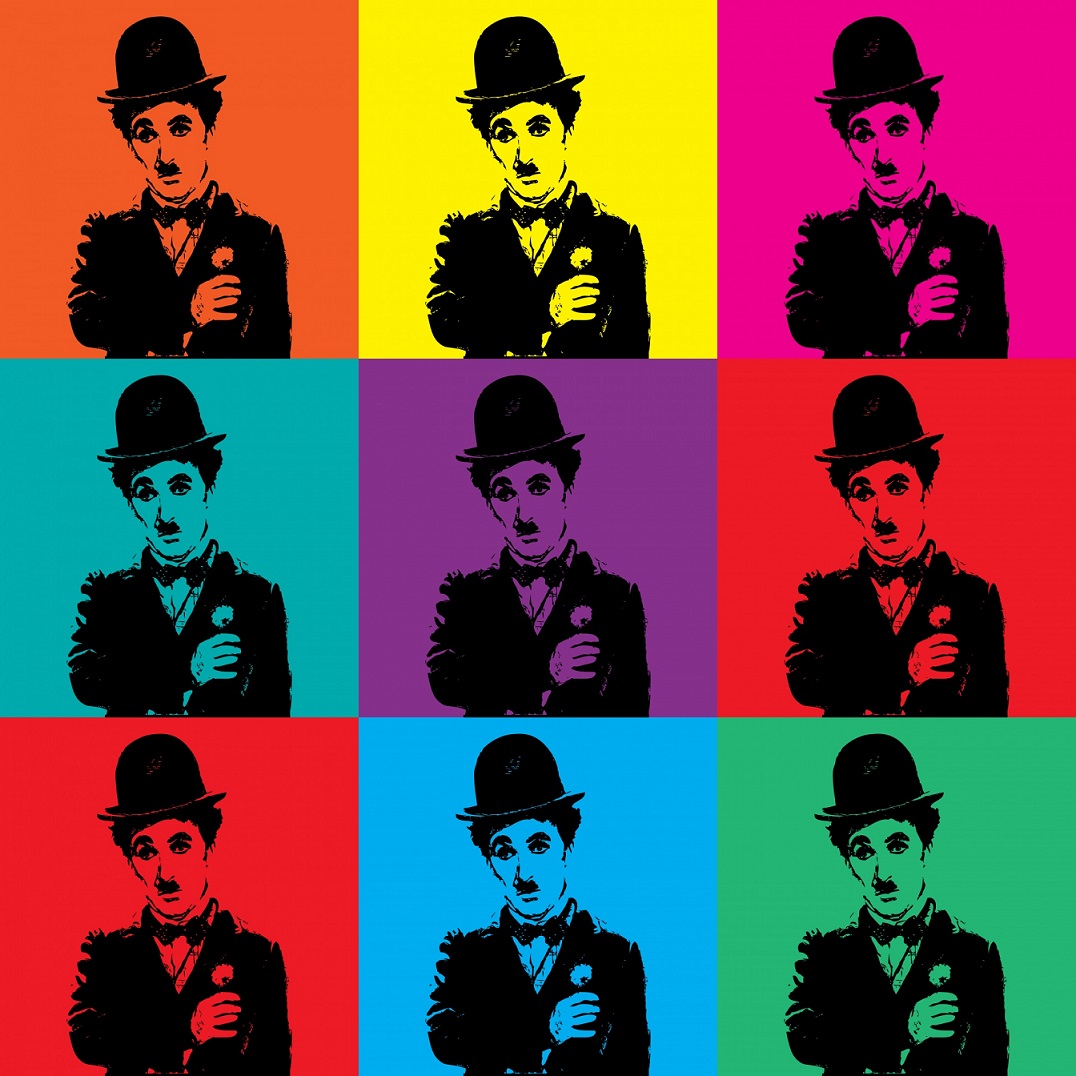
The list ended up affecting more than three hundred professional artists in the world of entertainment, forcing many to emigrate to other countries to continue their career. Some of those who remained produced their works under pseudonyms or used the names of colleagues, according to information from the Wikipedia website.
After being notified of the suspension of his residence in the United States, Chaplin said, “Since the end of World War II, have been the subject of lies and propaganda by powerful reactionary groups who, by their influence and with the help the U.S. tabloids have created an unhealthy environment in which liberal-minded individuals can be identified and pursued. In these circumstances I find it almost impossible to continue my work in motion pictures, for this reason I have given up my residence in the United States”.
Charlie Chaplin settled in Switzerland from 1953 until his death. Years after the U.S. government reinstate their residency status, the director returned to the country to receive a lifetime achievement award and contribution to world cinema.
A satirical view of exile
During his exile, Chaplin made the film “A King in New York“, in which he was responsible for the music composition, production, direction and screenplay. The film draws on the experiences that the artist himself suffered as a result of his exile in 1952.
The story chronicles the life of King Igor Shahdov who, due to a revolution in his country of origin is forced to migrate to the U.S. to start a new life. With the passing of time he works for television advertisements, which gives him some recognition.
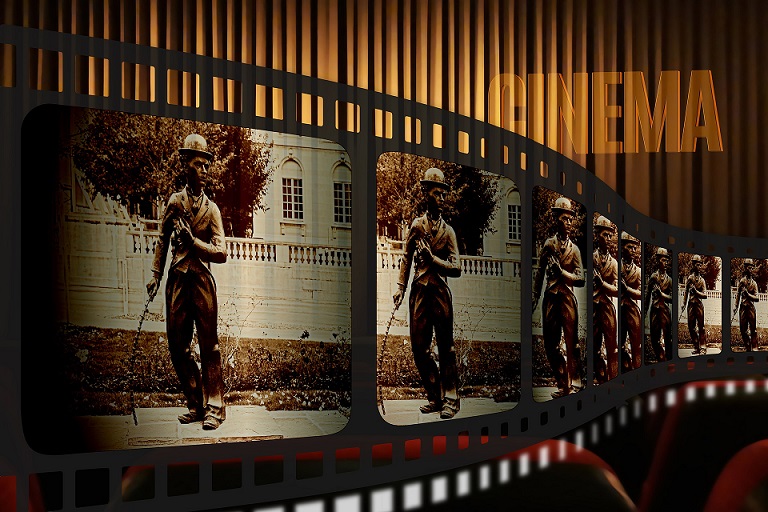 As a result of this work he is invited to speak at a progressive school where he meets a student who at just 10 years old, editor of the school newspaper, and who then receives a masterful diatribe full of progressive and anarchist ideas.
As a result of this work he is invited to speak at a progressive school where he meets a student who at just 10 years old, editor of the school newspaper, and who then receives a masterful diatribe full of progressive and anarchist ideas.
In the film, there are humorous dialogue scenes where the child taunts King Igor, suggesting his position on the concept of freedom in the modern world: “Everyone is in a straitjacket and can’t even move a toe without a passport in a world where the rights of every citizen are violated.
THEY have become slaves of political tyrants, and if you don’t agree with their way of thinking, your passport will be taken away. Leaving the country is more difficult than escaping from prison and entering is like passing through the eye of a needle. I am free to travel only if I have a passport”, says the little one without being interrupted by the King.
(Translated by Anna Cunningham) – Photos: Pixabay and Pexels












.jpg)












